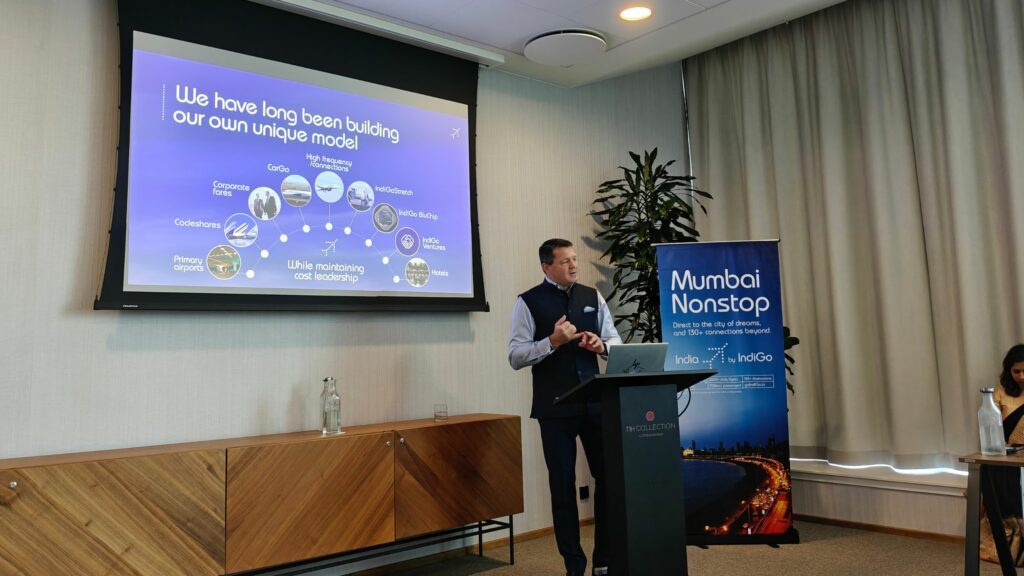Artificial intelligence holds enormous potential for businesses, offering opportunities to increase efficiency, reduce costs, and promote innovation. From automating repetitive tasks to analyzing large volumes of data, AI can streamline work processes and reveal valuable insights.
At Related, we’re always exploring new ways AI can help us work smarter. But with all the excitement around AI, we believe it’s essential to stay informed and critical about how we use it. For example, the rapid development of AI is exciting, but also raises concerns within ethics. That’s why we’ve made it a priority to develop and regularly update guidelines on AI use.
In this post, we’ll share some of the lessons we’ve learned and hope they can benefit your business too.
Ethical considerations when using AI in your business
When adopting AI tools, we as companies automatically need to consider complex ethical challenges. Bias and discrimination can manifest in AI algorithms trained on datasets that reflect societal biases, and this could influence both language use and themes in content produced. This is especially relevant to consider if image-generating AIs are used in a company product. For instance, you may want an image that represents a particular ethnicity, but which also considers diversity in age, gender or other societal markers. Consequently, as a company you have a responsibility to critically consider:
- The information shared with the AI system when prompted
- The outputs the AI system produces
Transparency and accountability are also key factors. Many AI systems function as “black boxes,” meaning it’s hard to know what data they are trained on, how they make decisions, and who is responsible when things go wrong. We see for example how some AI systems can promote existing biases among people, or be used to conduct surveillance that raises questions about consent and privacy, if they are not developed and implemented responsibly.
Here’s how we’re keeping informed at Related
In this new AI world, where regulations are still lacking, we find it vital for companies to stay as informed as possible, thereby contributing to taking ethical responsibility within the field of AI. At Related, one of the active steps we’ve taken to stay informed is employing our own AI consultant. Her task is to research and inform our colleagues and clients about any significant advancements or potential pitfalls. We’re also creating our own AI company guideline, circling subjects such as data privacy, sustainability and issues regarding copyright, discrimination and regulations. The guideline also focuses on how to correctly use GenAI (generative AI) as a tool in content production for social media and how to spot AI-generated text, among others. Stay tuned for more posts where we’ll dive deeper into these topics.
How AI can help businesses be more efficient
Despite its risks and challenges, AI offers enormous potential for businesses to create value if used responsibly. According to the Harvard Business Review, AI can support three critical business needs:
- Automating processes
- Deriving insights through data analysis
- Engaging with customers and employees
By automating repetitive and trivial tasks, AI can enhance efficiency and productivity, freeing human employees to focus on innovation and more complex, creative tasks. Additionally, AI’s ability to analyze large volumes of data can reveal valuable insights, patterns, and trends that can inform better decision-making and drive business growth.
At Related, we use AI to speed up the process of making rapports, as well as a helping hand for market and trend research. We also use AI as inspiration for structure and content for social media and blog posts, especially using it for evaluation purposes and spotting any possible shortages. For instance, this blogpost was roughly drafted via AI and has then been finetuned, edited and improved by a colleague’s human touch.
It is important to remember when it comes to content production that AI should never be a producer, but help you produce, serving as a sparring partner who can help ideate, brainstorm and evaluate. When done correctly, AI can be a powerful tool for businesses to gain a competitive edge while simultaneously creating value for stakeholders.










